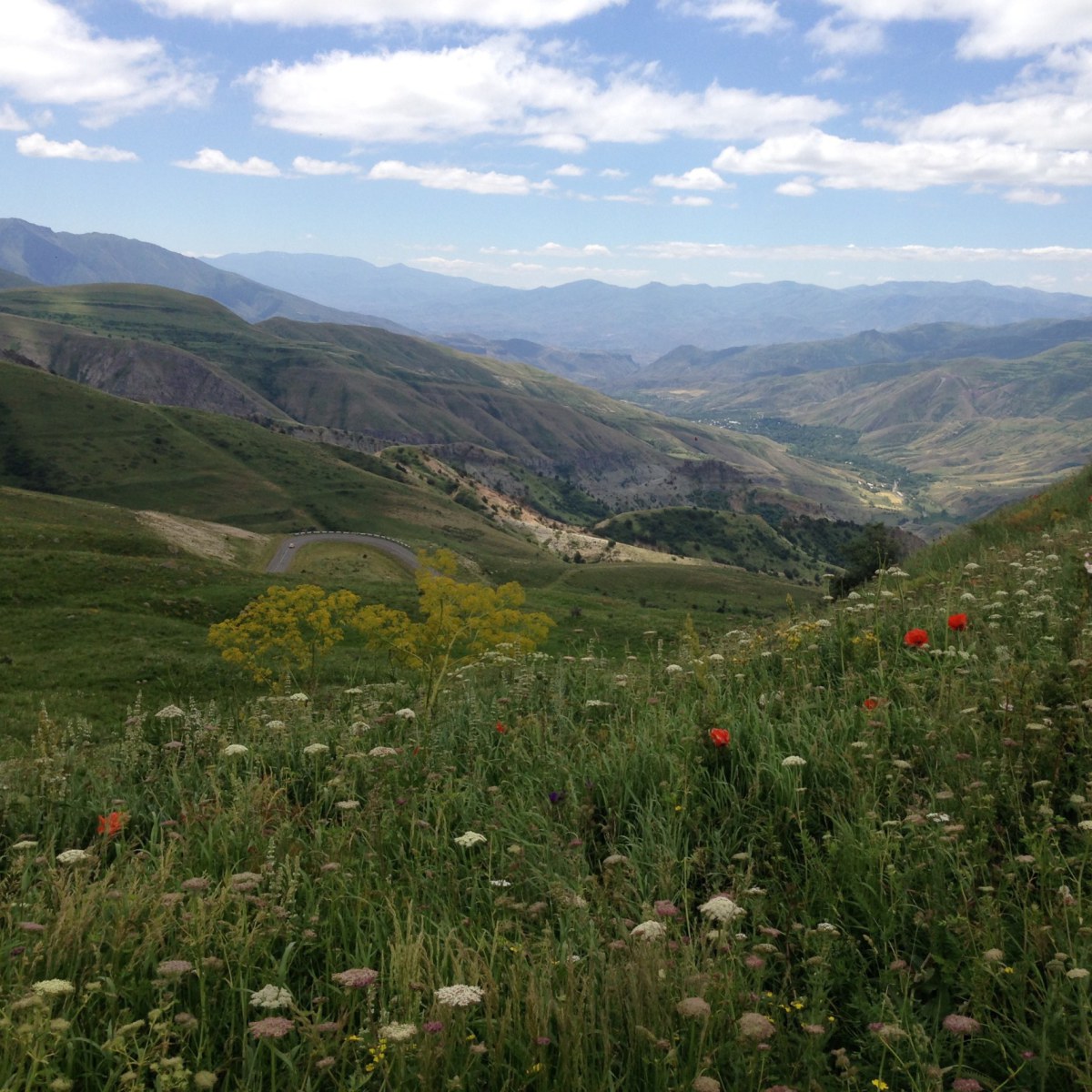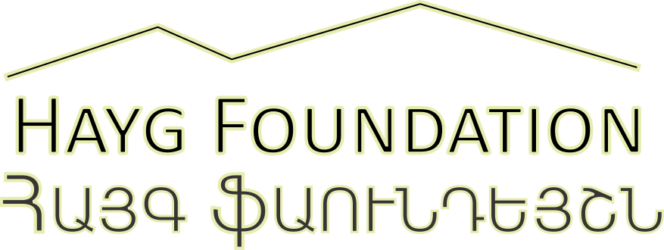On Foundation business in Armenia, few days after arriving in Yerevan, I met up with Tim Sraight and Kirk Wallace for dinner. Tim has been in Armenia for 21 years, besides being the Finnish Honorary Consul in Armenia, and Norwegian Honorary Consul in Armenia Knight of the First Order he runs Homeland Development Initiative Foundation one of the largest if not the largest social enterprises in Armenia. Kirk is developing hydroponic farming in Armenia – a soilless farming system that relies on nutrients from fish waste. During dinner, I mentioned that I am working through the details to loan a taxi driver who I just met 4,000 dollars. Their reaction was immediate. Their body language was clear: “You are an idiot; you need to learn the ways of the old Soviet republic”. I am writing this blog, to which the final chapter will not be written for some time. Although not advised, Tim suggests that if I go through with this, to at least make sure that there is a notarized contract. I am writing this because I could not coherently explain why I am going through making $4400 available to a complete stranger.
On my way out of the Passport office in Yerevan I hail a GG Cab (Armenia’s Uber). I hop into this shaky 1999 Opel way past it useful life even in Armenian standards and immediately engage in conversation with the driver about his business – a habit that I developed in the States and continue more actively in Armenia to find out about daily life. Turns out Aram speaks Western Armenian in which I am more versed than Eastern Armenian, having been born in Syria before permanently moving to the States at age nineteen. Through my conversation I find out that he too was born in Aleppo. By the time he drops me at my hotel, I find out that he rents his 1999 Nisan for 6000 drams ($12) and by the time he covers his fuel expenses he clears about $20 a day. I tell him that I am looking for a driver to take me to Vanadzor some 75 miles north to meet with Equal Rights Equal Opportunity NGO; “hok che” no worries he says, he will take me to Vanadzor. I tell him his car is unsafe for travel, I will pay the rental differential if he can rent a newer car.
He picks me in a newer much less shaky 2007 Nissan and we are on our way; happy in anticipation of long conversations about him, his family, and his life in Armenia in a language that I completely understand and speak but sometimes have trouble expressing abstract ideas.
During the long drive, I piece together that 28-year-old Aram is married, has a 4-year-old son, served in the Syrian army during the uprising against Assad regime that started in 2011. His arm was injured and lost use of his right hand. At that time, there was a Lebanese-Armenian benefactor that funded the escape of Armenian soldiers under Assad’s regime. Those solders were spirited away and settled in Armenia as refugees. In Armenia, with better medical care, his arm was repaired and use of his hand was restored. As a refugee, he has the right to apply for permanent residency, his first application was rejected, and says he will try to apply again next year.
In Syria, before being conscripted in the Army he was an auto mechanic, he left school after grade six to go into mechanic apprenticeship at his relative’s garage. His father was an importer of auto parts, and other machinery. His father would travel to Germany and Holland, buy up equipment fill a container, ship it to Syria and sell it – and repeat. During the uprising in Syria, his father and mother escaped Aleppo and became refugees in Holland and a few years later they obtained permanent residency. The father is now employed at an Italian restaurant in Holland and occasionally sends money to Aram and his family.
I ask Aram, why his father doesn’t loan him money to buy a car? I tell him he is spending over $300 a month to rent a car. He can easily use that money to cover a loan payment. He tells me that his father could not come up with that much money. He sends money regularly to cover his son’s medication, but he could not send him an amount to cover the purchase of a used car. How about a loan from other sources? Banks charge 12% interest. His refugee status is another problem.
I am curious about son’s medication, but I hold off bringing up the subject. We have a long ride to Vanadzor, there is plenty of time for that. We are driving through Dilijan beautiful green valley home to United World College, with brooks and streams everywhere.
An opportunity about the son’s medication opens when he gets a Facetime call from an agitated child. He tells me it’s his son, who calls when he misses him. He tells me that his son doesn’t speak yet. I ask him if he is autistic? He tells me that they took him to an expert. The expert placed him in a room with many toys and observed his behavior. The expert determined that he is not autistic but late developing. I ask him if he is getting help from any agencies, he said they did but it stopped a few months ago. His son used to go to this special program that calmed him down. He is home now, and they noticed that he gets more restless.
There are a lot of questions, why did help stop, why is he not pursuing other sources of help. Much like in the states, those who need the most help, don’t have the wherewith all to muddle through the institutional maze to get help. I think about some small measures of help, I’ll give him a big tip, not a permanent solution, I’ll make him my driver for the entire time I am here, still not a permanent solution. It occurs to me that maybe we can loan him the money to buy his own taxi. He says he can buy one for about 3200 dollars. I am not convinced that he can buy a reasonably safe car for that amount.
More questions, how would I go about doing it? Draw a contract, to draw a contract you need a legal translation of your US passport, who does that? Notarize it, who does it? Who collects monthly payment and deposits it in our account? Way too many moving parts to deal with. But all teaching moments that I look forward to learning. Then the vetting part, who would check the veracity of the borrower?
The only one I can think of is a friend of my cousin’s son. Nazo (common diminutive of Nazareth) a high school friend of my cousin’s son who has been helping him repatriate to Armenia by looking after a rental property that he had bought in preparation to repatriate in a few years.
I called Nazo and explained the situation and asked him if he would meet with Aram and me and give me his honest opinion about whether I should lend 4000 dollars to a complete stranger, though not a complete stranger by this time. Nazo sets the odds to 50-50 that we will get the loan fully repaid. Although 4000 dollars will not break our foundation, I realize that looking like a gullible fool will hurt my pride more than the monetary loss.
We have a quick Hayg Foundation board meeting, which just happens to be a call to my wife Shirley – the two of us form the majority of the board. She is in full support of the loan idea. I call Aram next morning and tell him that I have some good news. Our foundation decided to loan him the money.
Aram is elated. He spends the rest of the Independence day holiday weekend looking for a car and finds a 2005 Opel Zefira minivan for $4200. I offer to make the loan $4400 to pay for incidentals.
The race is on to complete the loan agreement before my departure in three days. I run to a legal translator, which by chance I had passed by on my daily walks. I am first told by the harried young lady with high stack of paperwork on her desk that I should come back in two hours to pick up the translation. I plead that I have an appointment at the notary in an hour at 3. Another young lady who hears my pleading takes up my cause. She translates it and goes across the street to get it notarized. With the translated passport in hand, I run to the notary to meet with Nazo who will be helping me navigate through the process and explain the final Eastern Armenian text that we will be signing.
The notary explains that a new law requires both husband and wife to be present for loan contracts. Aram calls his wife to come. In the meantime, notary’s assistant drafts the loan agreement. His wife arrives just as we are finalizing the language and terms of the contract. We sign and are out by 5. Nazo agrees to help collect and deposit the monthly amount at our bank (ACBA). The loan is payable in two years at approximate interest of 3% per year. The foundation will get its $4400 back in two years and Nazo gets the interest portion of $600 for his work in servicing the loan.
In two years, we will tell you what we learned from this experience.
Lessons and Observations
Could a mini loan program work for individuals who want to start a small business in Armenia? I am hoping to learn from this experience to determine if such an enterprise would be viable following the model of Microfinance model developed by Muhammad Yunus https://en.wikipedia.org/wiki/Muhammad_Yunus
- Two types of risks:
Legitimate business failure because of ill-conceived idea or unexpected external factors - Risk that someone takes the loan and disappears
These are questions to ponder about.

